

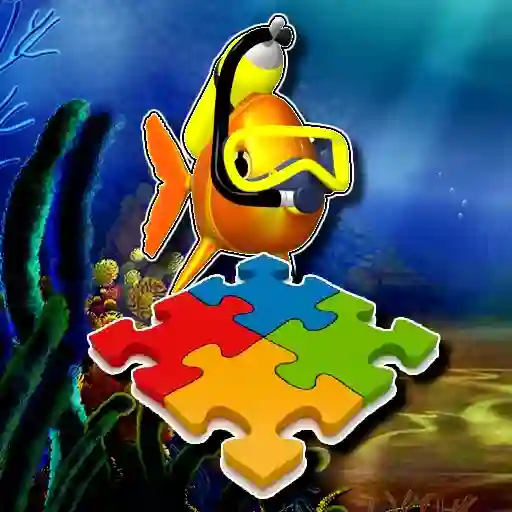


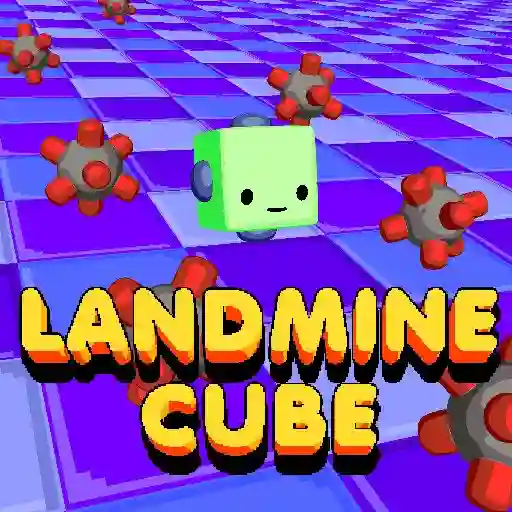


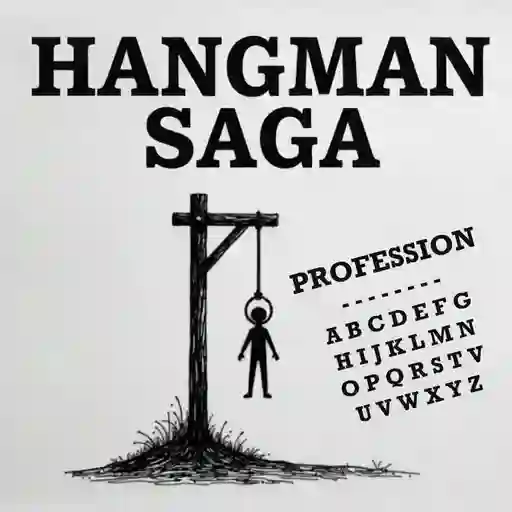




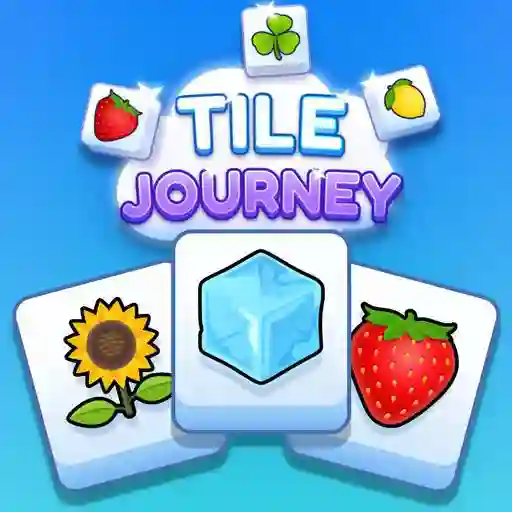

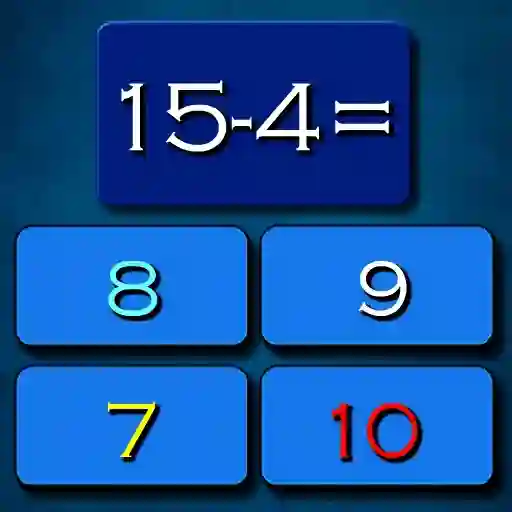

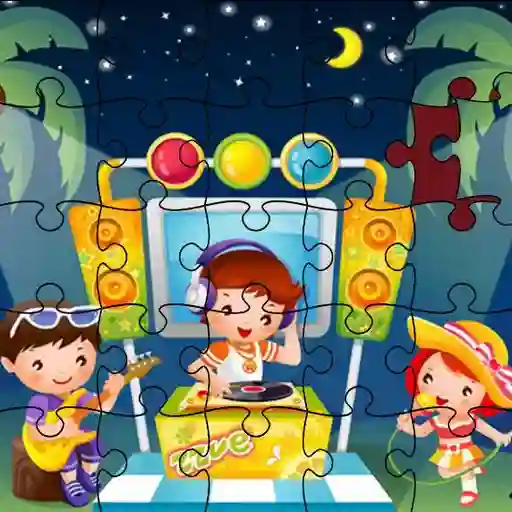



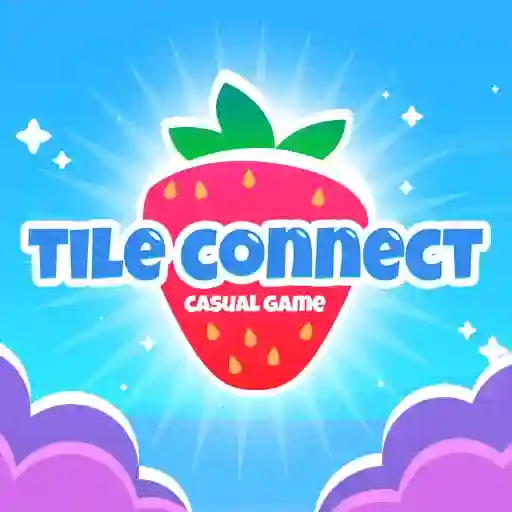








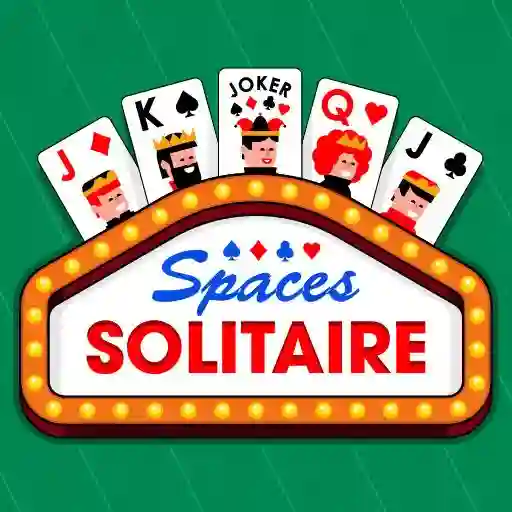





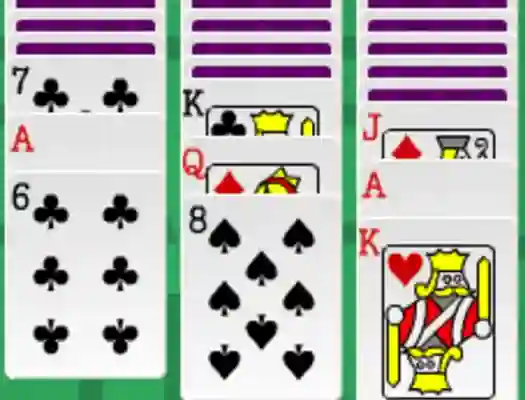
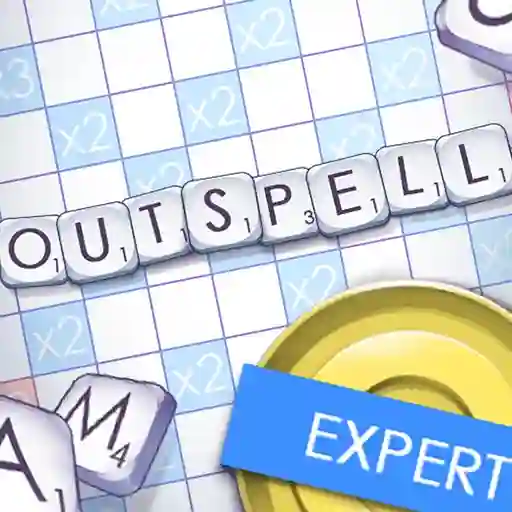


Thinking games are interactive experiences designed to challenge and stimulate cognitive skills such as problem-solving, logic, memory, and strategic planning. These games often require players to think critically, analyze situations, and make informed decisions to progress or win. They can range from puzzles and brain teasers to strategy games and adventure games with deep narrative choices.
Some common features of thinking games include: • Problem-solving challenges: Players must figure out how to overcome obstacles or unlock new areas. • Logic puzzles: Games like Sudoku, chess, or escape rooms require logical reasoning to complete. • Memory exercises: Some games test players' ability to remember patterns, sequences, or details. • Strategic planning: Players must plan ahead, manage resources, and anticipate outcomes. • Learning and adaptation: Many thinking games encourage players to learn from mistakes and adapt their strategies.
Thinking games are popular because they improve cognitive function, enhance memory, and boost creativity. They also provide a sense of accomplishment and can be a fun way to relieve stress while keeping the mind active.
What are the benefits of playing thinking games?
Thinking games can improve cognitive skills like problem-solving, memory, and logical reasoning. They also enhance creativity, reduce stress, and can prepare players for real-life challenges by fostering critical thinking and decision-making abilities.
Can thinking games be played by everyone?
Yes, thinking games are suitable for players of all ages and skill levels. Whether you're solving simple puzzles or tackling complex strategy games, there's a thinking game out there for everyone.
How do thinking games differ from other types of games?
Thinking games are unique because they emphasize cognitive challenges over action, speed, or reflexes. They often require players to slow down, analyze situations, and think deeply to succeed, making them a great choice for those who enjoy mental stimulation.